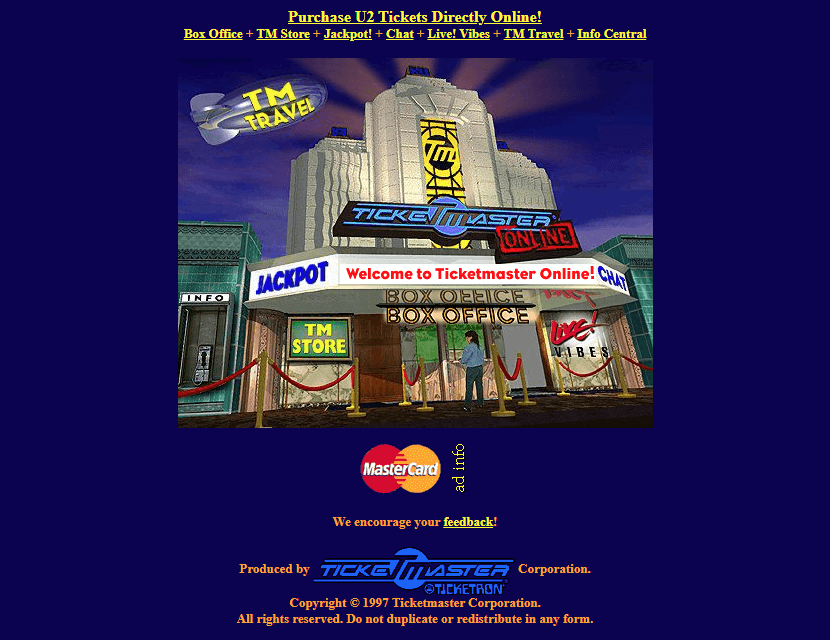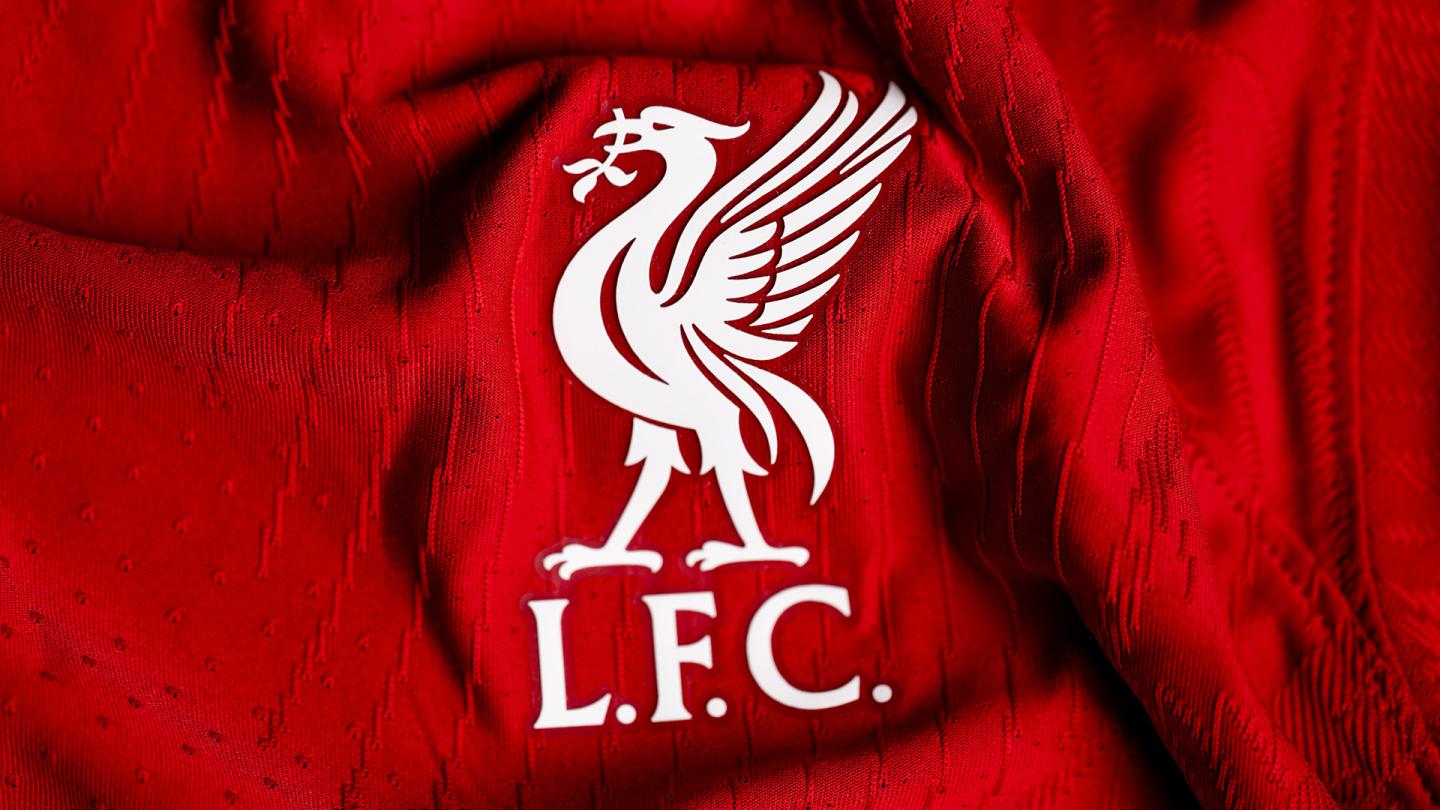The Impact of Ticketmaster on the Event Ticketing Industry

Introduction
In today’s fast-paced world of live events, Ticketmaster has emerged as a significant player in the ticketing industry, reshaping how fans access concerts, sports events, and theatre productions. With the rapid digital transformation of ticket purchasing and distribution, understanding Ticketmaster’s role is crucial for both event organisers and attendees alike. The company has faced scrutiny and praise, highlighting its impact and relevance in the modern entertainment landscape.
Recent Developments
Ticketmaster, a subsidiary of Live Nation Entertainment, processed over 500 million tickets in 2022 alone, solidifying its status as a leader in the global ticketing market. The company has recently introduced measures to enhance ticket accessibility and combat ticket scalping. In response to consumer frustrations surrounding resale prices and availability, Ticketmaster launched a new policy allowing fans to access tickets directly at face value through verified resale options, making it easier for genuine fans to secure tickets at reasonable prices.
Moreover, the company has implemented advanced technology, incorporating blockchain solutions to provide a more secure and transparent ticketing experience. By partnering with various event promoters and venues, Ticketmaster continues to innovate, improving customer trust and satisfaction across diverse consumer demographics.
Challenges Faced by Ticketmaster
Despite its successes, Ticketmaster is not without challenges. The company has faced accusations of monopolistic practices and high service fees, leading to public outcry and legal scrutiny. Recently, several states have initiated investigations into Ticketmaster’s pricing structure and exclusive contracts with major venues, seeking to ensure fair competition across the industry.
Furthermore, major events, like the Taylor Swift concert ticketing debacle in late 2022, sparked significant backlash, underscoring widespread dissatisfaction with the ticket purchasing process. This incident showcased the limitations of demand thresholds and the inherent vulnerabilities of the ticketing system during high-demand events.
Conclusion
As the ticketing landscape evolves, Ticketmaster’s role will be critical in shaping the future of how consumers engage with live entertainment. With ongoing efforts to enhance transparency and accessibility, Ticketmaster aims to regain public confidence while balancing the complexities of the modern market. Moving forward, it is expected that competition will intensify, pressuring Ticketmaster to continuously innovate and address consumer complaints. Understanding these dynamics will be essential for fans as they navigate the intricate world of event ticketing in the future.
You may also like

The Rise and Impact of V Energy Drink in Australia

Wolves Owners and Their Impact on the Club’s Growth
